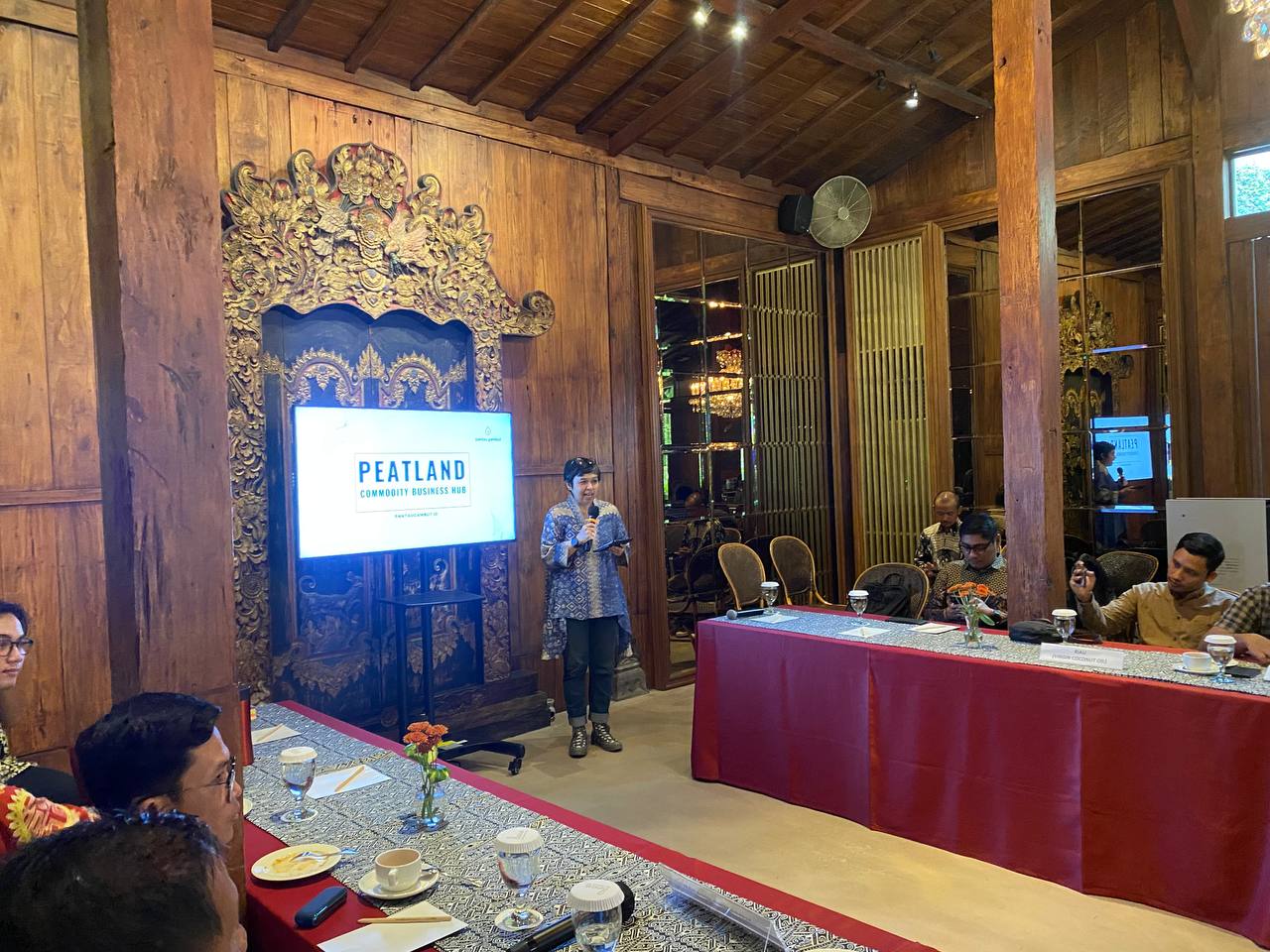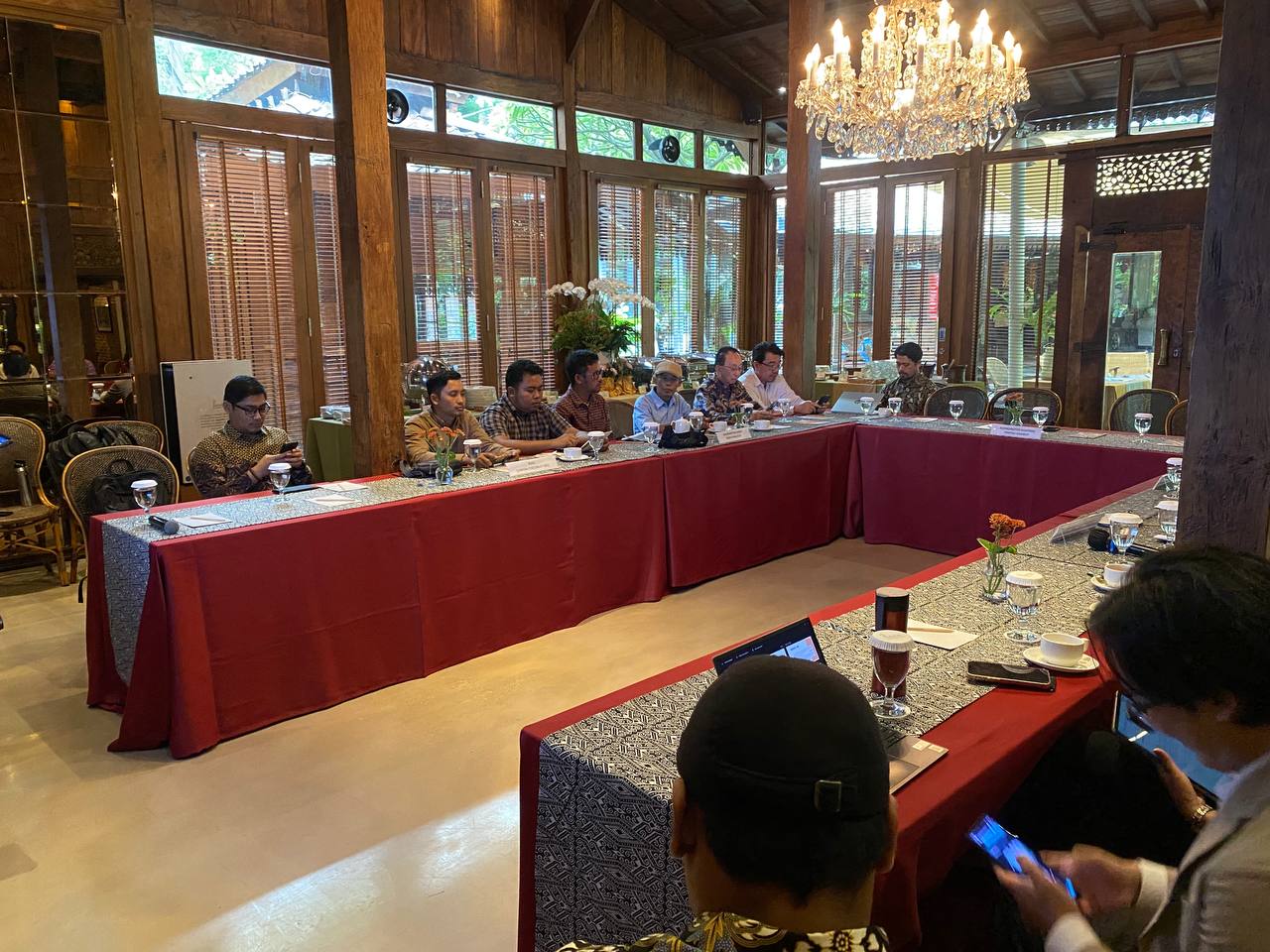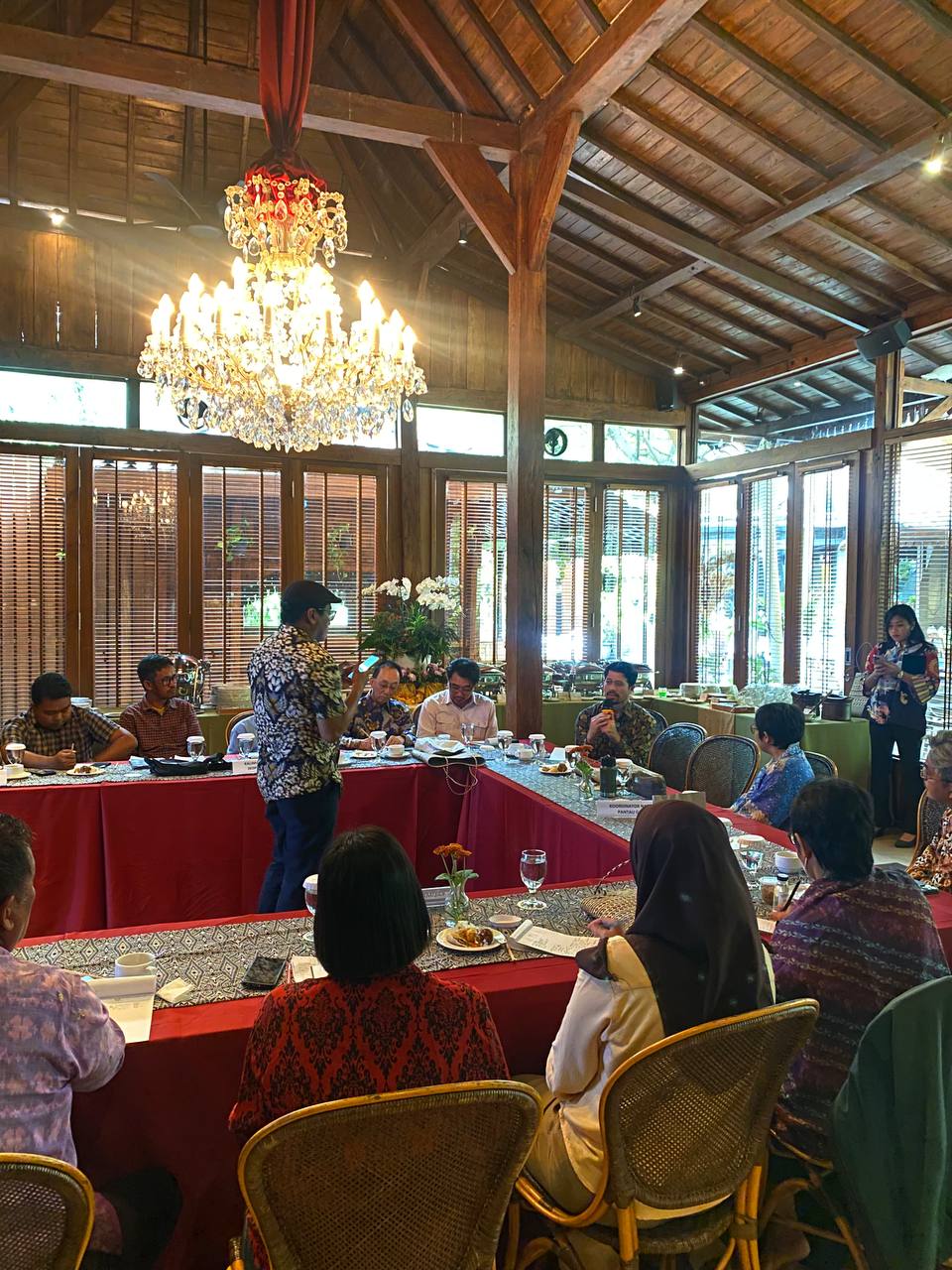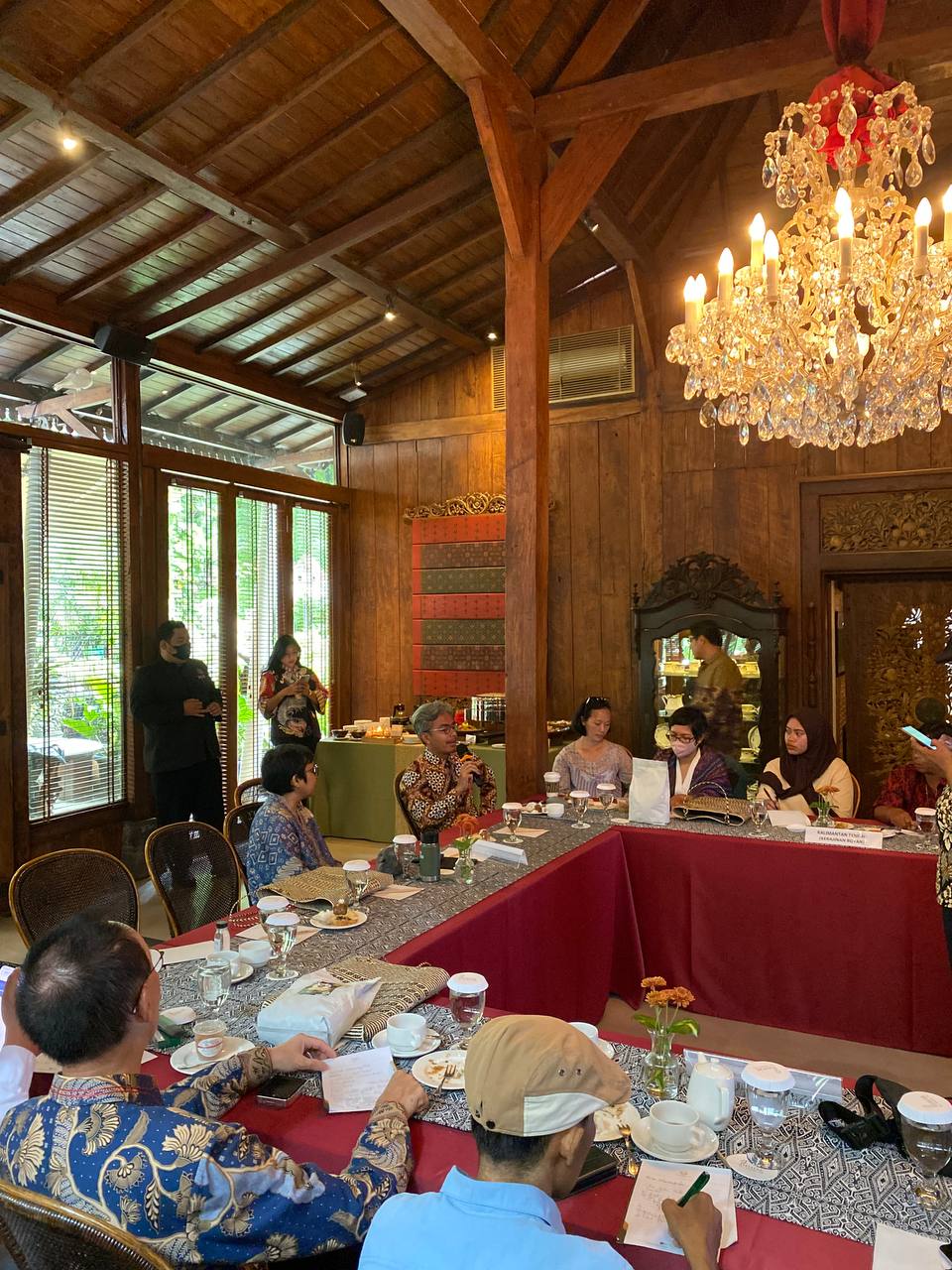Soft Launching Peatland Commodity Business Hub
By Admin Pantau Gambut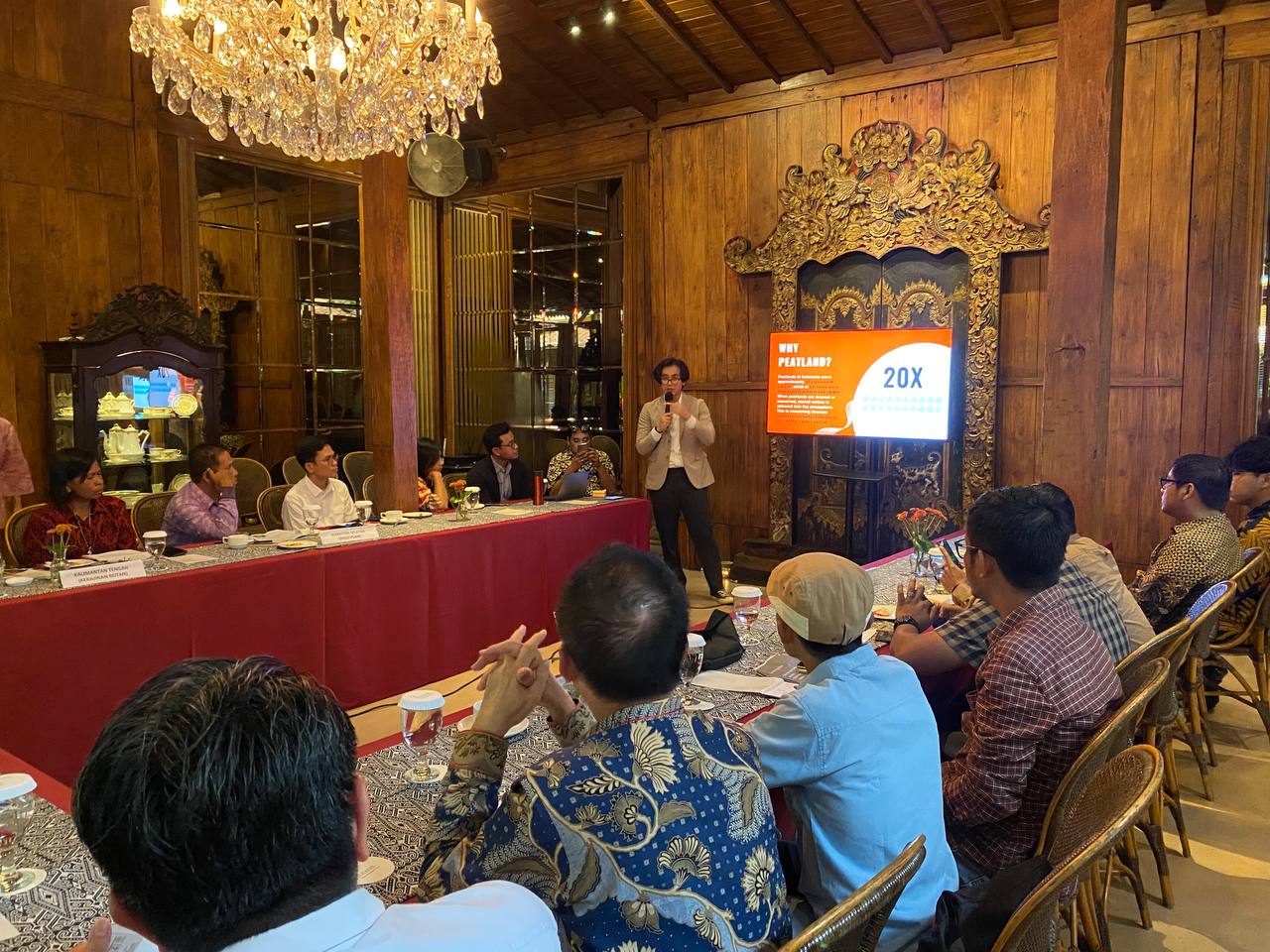
Soft Launching Peatland Commodity Business Hub
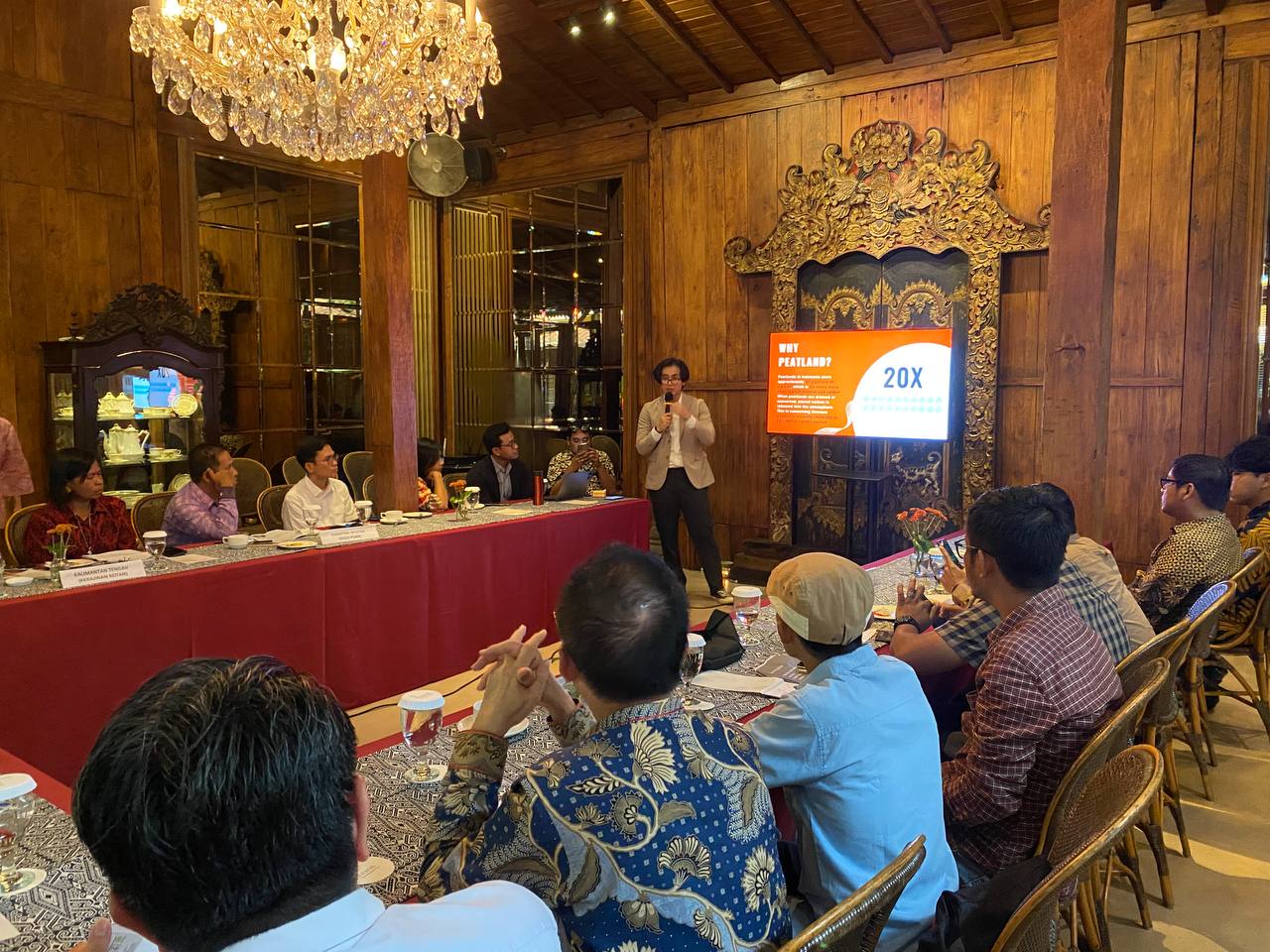
This condition has prompted Pantau Gambut to initiate meetings between peat-friendly commodity-producing communities and green investor stakeholders. The meeting took place through the soft launch event of the Peatland Commodity Business Hub (PCBH) platform at Plataran Dharmawangsa, South Jakarta, on Monday, February 26, 2024.
The Peatland Commodity Business Hub is a platform designed to establish and curate a sustainable market for high-value peat-friendly products. This platform serves as a bridge for local communities to collaborate with green investor stakeholders. With the connectivity between both parties, it is expected that peat-friendly commodity products will gain added value.
In addition to providing benefits for local communities, PCBH can also directly prevent wildfires in peatland ecosystems. These peat-friendly commodities are often chosen as an option for local communities to obtain sustainable livelihoods. Considering that the onslaught of large-scale monoculture plantation conversion on peatland often degrades its sustainability.
The selection of commodities by Pantau Gambut has undergone a series of studies involving local communities. Commodities are chosen based on their origin from peatland ecosystem areas. Meanwhile, in their production, peat-friendly products from various regions must be produced sustainably without causing damage to the peat.
Representatives of peat-friendly commodity-producing communities are represented by four regions from Riau Province, South Sumatra, West Kalimantan, and Central Kalimantan. Each province brings the potential commodities from their respective regions. Riau Province brings virgin coconut oil (VCO), South Sumatra with processed peat-swamp buffalo milk, West Kalimantan with coffee, and Central Kalimantan with rattan handicrafts.
Following this soft launch, Pantau Gambut encourages the partnership between peat-friendly commodity-producing communities and green investor stakeholders to remain well-established. This collaboration is crucial to maintain harmony between utilizing commodities to enhance the economic value of communities and efforts to protect peatlands.
Pantau Gambut also directs that the collaborative outputs of both parties can develop as extensively as possible. Thus, the development of this business can elevate to higher levels and reach broader markets. Furthermore, peatlands can garner attention for more sustainable management.
As a reminder, the stigma of idle land still attached to peatland ecosystems often leads to unsustainable management practices. Large-scale monoculture plantations frequently serve as the primary actors in the conversion of peatland. In the long run, both ecological and socio-economic aspects of communities are often marginalized.
With the existence of this platform, communities will be directly involved, thus fostering a sense of ownership to preserve peatlands as part of their livelihoods.
